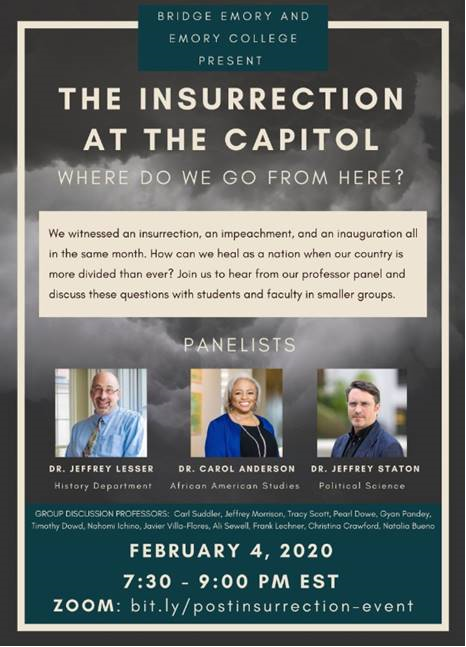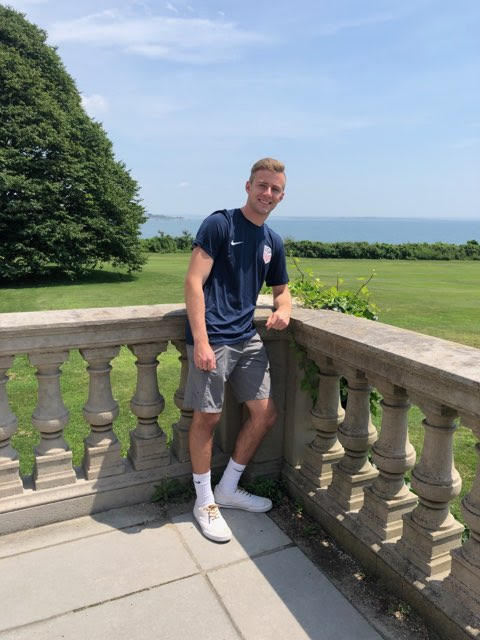Congratulations to the History Department-affiliated undergraduate and graduate students receiving degrees at Emory’s 2021 commencement! Find out more information about Emory’s commencement ceremonies here. See below for a list of undergraduate students graduating with special recognition.
History Majors Graduating with Honors
Melanie Mills Dunn
Jason Paul Goodman
Colin Andrew Hutton
Cameron Vida Katz
Ryan Andrew Kelly
Sun Woo Park
Rachel Elizabeth Remmers
Max K Rotenberg
Graduating Members of the History Department Honor Society, Phi Alpha Theta, Phi Tau Chapter
Zachary Charles Ball**
Daniel Manuel Batterman
Elise Lauren Black
Colleen Elizabeth Carroll
Jessica Arevalo Dam
Melanie Mills Dunn
Jason Paul Goodman
Cameron Vida Katz
Ryan Andrew Kelly
AnnMarie Marlow
Rachel Elizabeth Remmers
Jesse Leib Steinman
Rowan M. Thomas
James L. Roark Prize in American History
Cameron Vida Katz
Matthew A. Carter Citizen-Scholar Award
Ciara Murphy
George P. Cuttino Prize in European History
Jesse Leib Steinman
James Z. Rabun Prize in U.S. History
Max K Rotenberg
Melanie Mills Dunn
Latin America & Non-Western World History Prize
Jacob Angelo DeFazio

